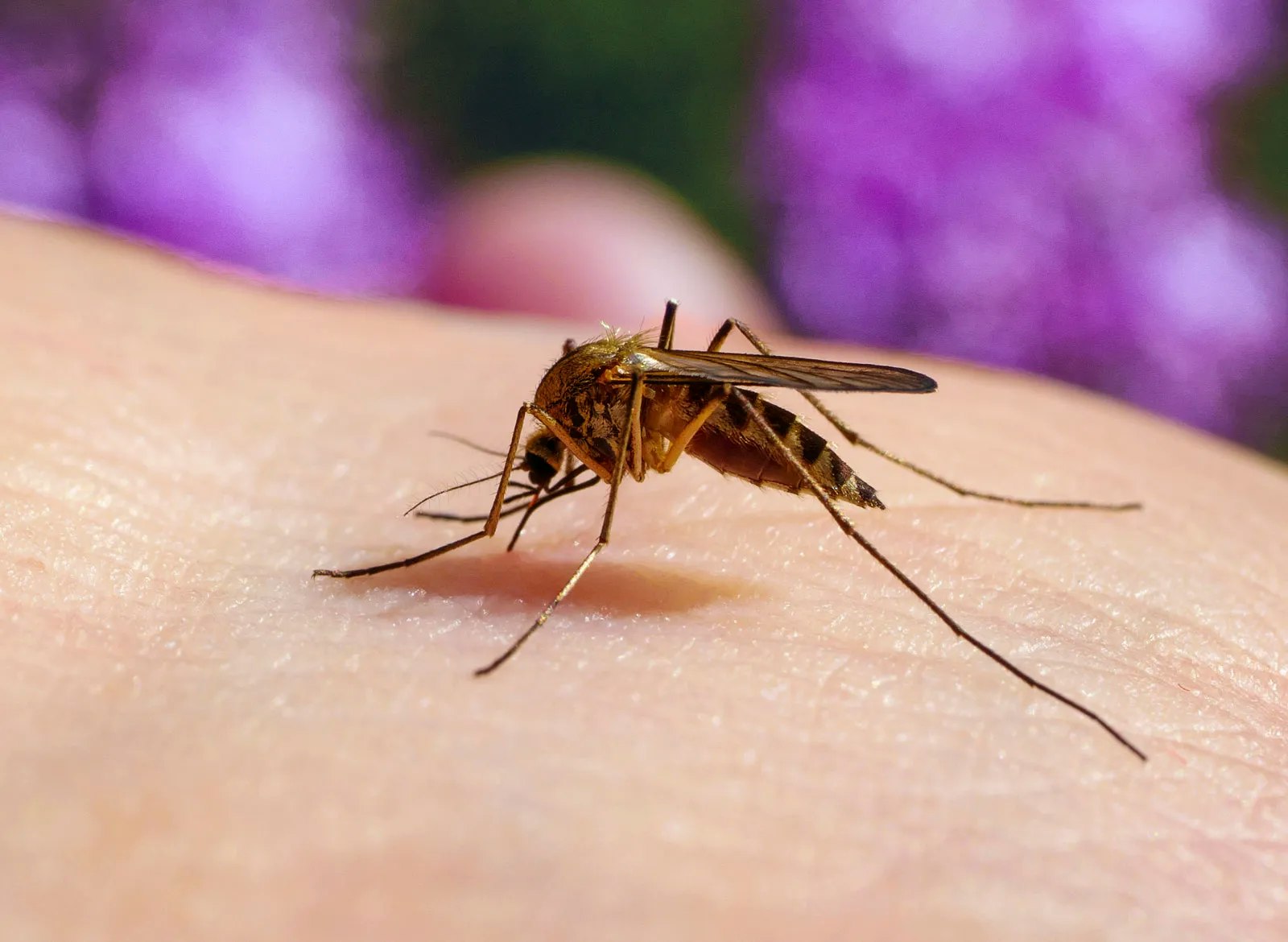Calgary Turns to Citizen Science to Track Invasive, Virus-Carrying Mosquitoes

Calgary is turning its mosquito problem into a community-powered research project.
In partnership with the University of Calgary, the City has launched a citizen science initiative to track the spread of Culex pipiens, also known as the northern house mosquito. This invasive species — a known carrier of West Nile virus — is being studied in Inglewood Bird Sanctuary and Ralph Klein Park.
Originally found in Europe and Asia, Culex pipiens has been spreading westward across Canada and was first detected in Calgary in 2022. Researchers are now asking Calgarians to collect mosquitoes using vials placed in city parks, logging the time and location of each sample.
Dr. John Soghigian from UCalgary’s Faculty of Veterinary Medicine says the study will help determine how the mosquito survives Alberta’s cold winters — often by entering homes and hibernating.
The project also tracks other viruses including avian malaria and California serogroup viruses, which can cause encephalitis.
If you’re headed to the park, you might just be part of the next big scientific discovery.
Read the source article here.
